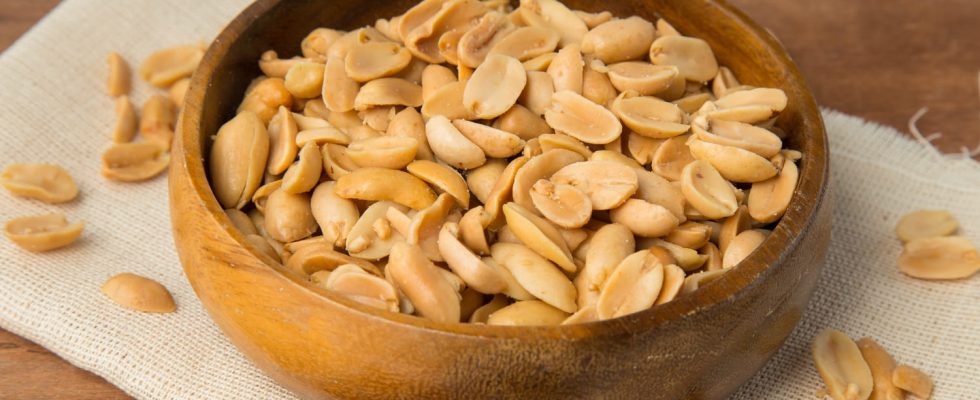Vitamin PP (other names: B3 or niacin) is a water-soluble vitamin essential for the functioning of the nervous system and cognitive functions. A deficiency is responsible for many health problems.
What is vitamin PP (B3)?
Also called vitamin B3, vitamin PP (PP for Pellagra Preventingprevention of pellagra) belongs to group B. It is one of the rare ones made by the body: it is synthesized by the liver from the tryptophan, an amino acid provided by food. But these self-produced quantities are insufficient to cover daily needs, so they must be supplemented by food.
What is vitamin PP used for?
Like many B vitamins, vitamin PP helps reduce fatigue, both physical and intellectual, by promoting the production of energy. But his roles don’t stop there. “It also contributes to the good functioning of the nervous system, explains Florence Foucaut, dietician-nutritionist. It helps to synthesis of sex hormones and it keeps the skin healthy. Finally, it is known for its ability to reduce the concentration of cholesterol in the blood“. Not very fragileit resists heat, light and oxidation.
How much do we need each day?
Every day, the needs amount to 1.6 mg EN/MJ (niacin equivalent per megajoule), regardless of gender, age and state of health, according to the European Food Safety Authority (EFSA).
What are the signs of vitamin PP deficiency?
Its deficit is manifested by tingling in the feet and hands, fatigue, headache, dizziness and mood fluctuations. Its deficiency can lead to the development of pellagra, a disease which is initially characterized by a loss of appetite, sleep disorders leading to insomnia, memory and concentration problems. “Subsequently, skin plaques appear : marks darker than the skin, which swell, itch and harden Sometimes, adds Florence Foucaut. Digestive disorders such as damage to the mouth and tongue may also develop, as well as neurological manifestations such as hallucinations and bouts of dementia“.
Who may be affected by a vitamin PP deficiency?
The lack of vitamin B3 particularly affects people who are alcoholics as well as those suffering from chronic intestinal diseases (Crohn’s disease, celiac disease).
What to do in case of vitamin PP deficiency?
Firstly, it will be necessary to rebalance your diet, by including foods that are sources of vitamin PP more regularly in your menus. If this rebalancing is insufficient or in the event of a deficiency, vitamin PP must be provided by food supplements. Presented in the form of capsules, they are available in pharmacies. “This is a treatment for which a medical prescription is necessary“, specifies the dietitian. During the treatment, be sure to respect the prescribed doses because in overdose, vitamin PP can increase the blood sugar levels of people suffering from diabetes. Its intake is also contraindicated in case of liver diseases (including history), heavy alcohol consumption, gout and digestive tract ulcers.
What foods are rich in vitamin PP?
Vitamin PP is present in foods such as (data from the Anses Ciqual table):
- Cooked chicken liver (32.6 mg/100 g)
- Wheat bran (21.6 mg/100 g)
- Natural tuna (13.6 mg/100 g)
- Salted roasted peanuts (12.4 mg/100 g)
- Graubünden meat (11.8 mg/100 g)
- Raw milk Camembert (10.9 mg/100 g)
Thanks to Florence Foucaut, dietician-nutritionist.
